About Estraval Depot Injection
Estraval Depot Injection contains estradiol valerate, a synthetic form of the naturally occurring hormone estrogen. It is used in hormone replacement therapy (HRT) for women and in certain cases for transgender hormone therapy.
Estradiol valerate is administered intramuscularly, where it is slowly absorbed and metabolized into estradiol, providing a sustained release of estrogen.
Uses
- Hormone Replacement Therapy (HRT): Used to treat symptoms of menopause such as hot flashes, vaginal dryness, and osteoporosis in women with low levels of estrogen.
- Hypoestrogenism: For women with estrogen deficiency due to hypogonadism, ovarian failure, or surgical removal of the ovaries.
- Transgender Hormone Therapy: Sometimes used as part of feminizing hormone therapy in transgender women.
- Menstrual Disorders: Can be used in the management of conditions like amenorrhea (absence of menstruation) or to control abnormal uterine bleeding.
How Estraval Depot Injection Works?
Estraval Depot Injection (Estradiol valerate) is converted into estradiol, the primary form of estrogen in the body. Estrogen plays a crucial role in regulating the reproductive system, maintaining secondary sexual characteristics, and influencing bone density, cardiovascular health, and mood. By supplementing estrogen levels, Estraval Depot helps alleviate symptoms associated with estrogen deficiency.
Precautions
- Breast Cancer: Estrogen therapy can increase the risk of breast cancer, particularly with long-term use. Regular breast exams and mammograms are recommended.
- Cardiovascular Risk: Estrogen therapy can increase the risk of stroke, heart attack, and blood clots, especially in smokers or women over 35.
- Liver Disease: Use with caution in patients with liver disorders, as estrogen is metabolized in the liver.
- Diabetes: Estrogen can affect blood glucose levels, so patients with diabetes should monitor their levels closely.
- Endometrial Cancer: Women with an intact uterus should typically receive progestin in combination with estrogen to reduce the risk of endometrial cancer.


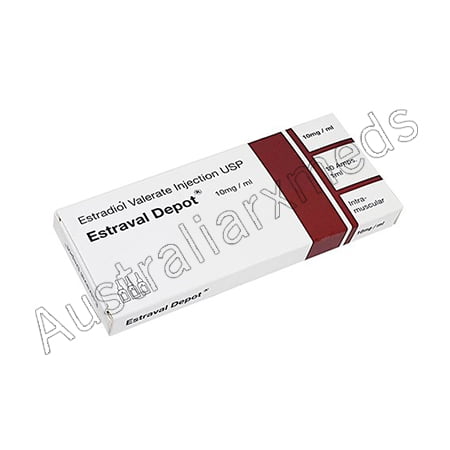

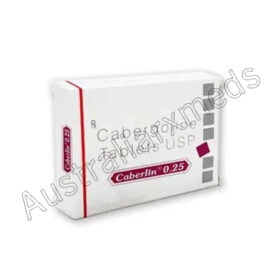
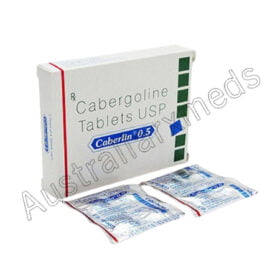

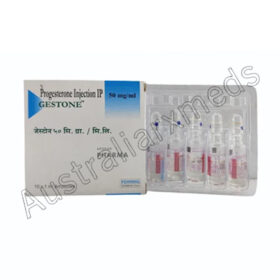
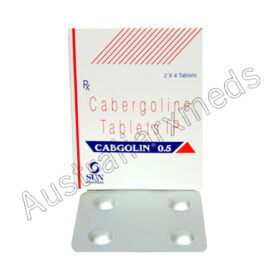
Devis Potter –